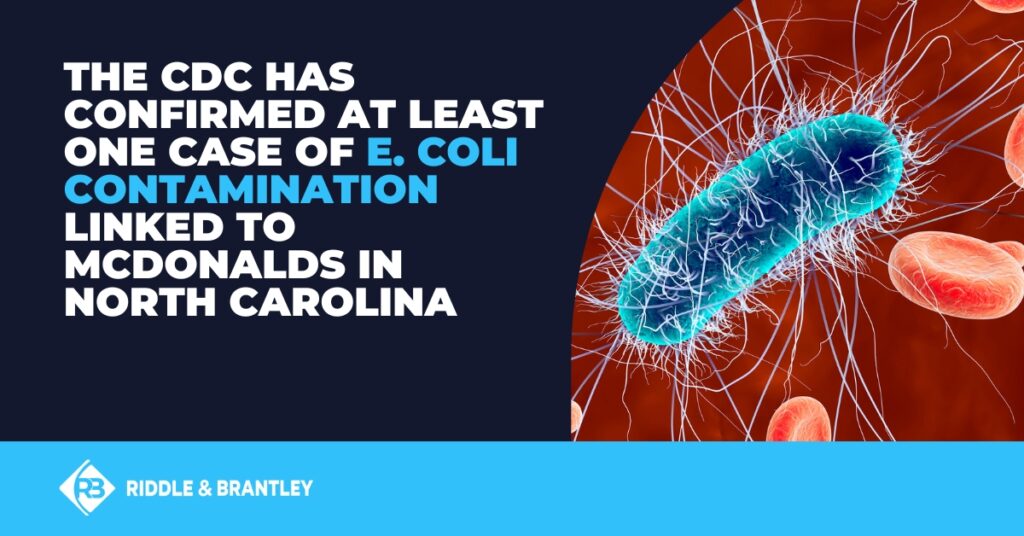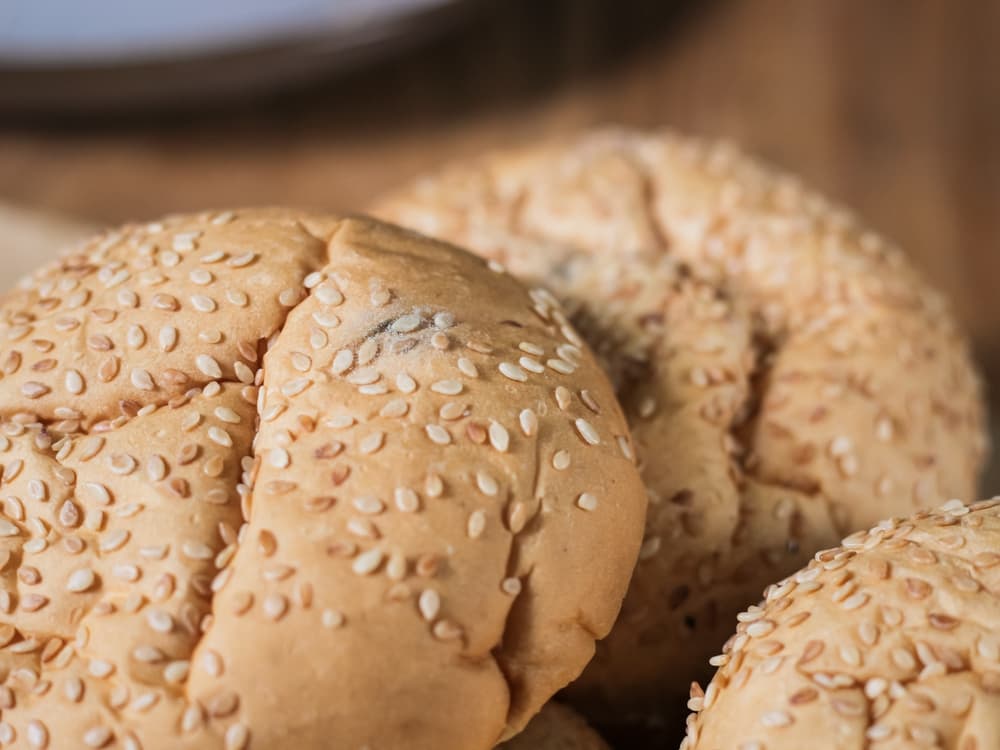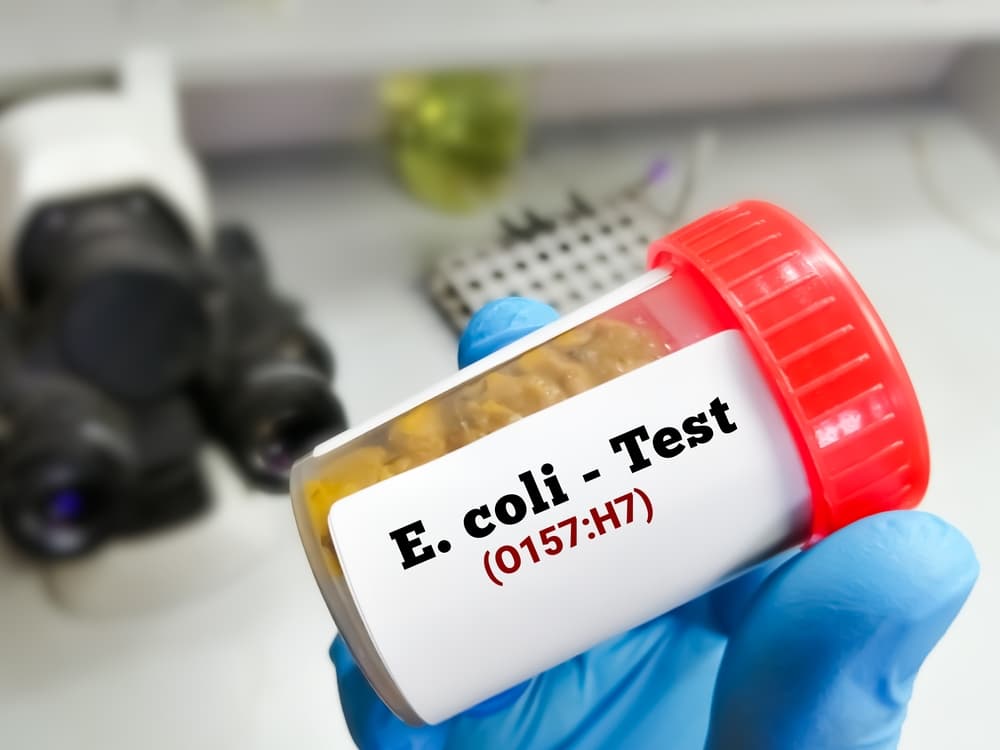Riddle & Riddle Injury Lawyers | November 13, 2024 | Product Liability


A serious E. coli outbreak has been linked to slivered onions used in McDonald’s Quarter Pounder cheeseburgers, causing illnesses across the United States, now including reported cases in North Carolina. As of the latest update from the Centers for Disease Control and Prevention (CDC), there may be as many as 5 detected cases in the state. Nationwide, the outbreak has led to one death and over 34 hospitalizations.
Our law firm is actively investigating these cases to help victims understand their rights and, if they qualify, seek compensation in a McDonald’s E. coli lawsuit in North Carolina.
IMPORTANT: McDonald’s and Taylor Farms, the supplier of the onions at issue, have strongly denied any liability and/or wrongdoing associated with this outbreak.
What is E. Coli?
Escherichia coli (E. coli) is a type of bacteria that normally lives in the intestines of people and animals. While most strains of E. coli are harmless and even play a role in maintaining a healthy digestive system, certain strains, like E. coli O157, can cause severe foodborne illness. This particular strain produces toxins that can damage the lining of the intestines, leading to severe gastrointestinal symptoms.
How Does E. Coli Contaminate Food?
E. coli infections often occur when food or water is contaminated with the bacteria. Common sources include:

- Raw or undercooked beef, particularly ground beef
- Unpasteurized milk and juice
- Contaminated raw vegetables and fruits
- Contaminated water or ice
- Improper handling and cross-contamination during food preparation
In this outbreak, the CDC has traced the source back to slivered onions supplied by Taylor Farms, a major food supplier for McDonald’s. The onions were used in Quarter Pounder cheeseburgers served at McDonald’s locations across the Midwest and West. As a result, McDonald’s has pulled the onions from their burgers and Taylor Farms has issued a recall of the affected product.
Related article: Ultra-processed Food Lawsuits
Symptoms of E. Coli Infection
E. coli infections can range from mild to severe, and symptoms typically appear 3-4 days after exposure, though they can occur as soon as 24 hours or as late as a week. Common symptoms include:
- Severe stomach cramps
- Diarrhea (often bloody)
- Vomiting
- Nausea
- Fever (usually mild)
In severe cases, the infection can lead to Hemolytic Uremic Syndrome (HUS), a potentially life-threatening condition that can cause kidney failure. Children, the elderly, and individuals with weakened immune systems may be at especially high risk.
Details of the Outbreak
The CDC began its investigation in October after several people reported illnesses following consumption of McDonald’s Quarter Pounder cheeseburgers. The outbreak has now affected several states, with at least one confirmed case in North Carolina. While the CDC has not released the exact number of infections in North Carolina, it estimates that up to five individuals could be impacted.
Timeline of Events
- October 2024: CDC begins investigating reports of E. coli infections linked to McDonald’s burgers.
- October 2024: Taylor Farms, the supplier of the contaminated onions, issues a recall.
- Late October 2024: McDonald’s pulls onions from its Quarter Pounder burgers as a precaution.
- Early November 2024: McDonald’s restaurants in Colorado resume selling Quarter Pounders after testing beef patties and confirming no bacterial contamination.
What Makes This Outbreak Dangerous?
E. coli O157 is a particularly virulent strain that can cause severe health complications. Unlike other foodborne bacteria, it produces a Shiga toxin, which attacks the lining of the intestines and can lead to serious complications such as:
- Hemolytic Uremic Syndrome (HUS): A condition that can result in kidney failure, particularly dangerous for children and older adults.
- Sepsis: A life-threatening response to infection that can spread throughout the body.
- Long-term health issues: Some individuals may suffer from chronic kidney problems, high blood pressure, or irritable bowel syndrome after recovering from the initial infection.
What to Do If You’ve Been Affected

If you have consumed a McDonald’s Quarter Pounder recently and are experiencing symptoms consistent with an E. coli infection, take the following steps:
- Seek medical attention immediately. E. coli infections can worsen rapidly, and early treatment is critical.
- Report your symptoms to your local health department. This helps the CDC track the outbreak and identify new cases.
- Keep all receipts and evidence of your purchase, including packaging if available. This documentation can be crucial in pursuing a legal claim.
- Contact our attorneys for a free case review. You may be entitled to compensation in a North Carolina McDonald’s E. coli lawsuit, and we can evaluate your claim and advise you on your available legal options.
Riddle & Riddle is Here to Help
At Riddle & Riddle, we are actively investigating this outbreak and are prepared to assist victims in seeking compensation for their medical expenses, lost wages, and pain and suffering. Our team of experienced attorneys is committed to holding food suppliers and/or restaurants accountable for their alleged role in contamination cases.
Since 2000 alone, we’ve recovered over $800 million in compensation for our valued clients (see disclaimer below), and we would love to help you however we can.
Contact Us for a Free Case Review
If you or a loved one have been affected by the E. coli outbreak allegedly linked to McDonald’s, call us today at 1-800-525-7111 for a free, no-obligation case review. Our team is ready to listen to your story, evaluate your case, and help you seek justice and compensation if you qualify for a claim. As always, there are no upfront costs and no attorney fees unless we win your case and you receive compensation.
Contact a Personal Injury Lawyer from Riddle & Riddle Injury Lawyers for Help Today
For more information, please contact Riddle & Riddle Injury Lawyers to schedule a free consultation with a personal injury lawyer in North Carolina today. We have twelve convenient locations in North Carolina, including Greenville, Raleigh, Goldsboro, Jacksonville, Kinston, Charlotte, Greensboro, Durham, Fayetteville, Wilmington, Winston-Salem & Garner.
Riddle & Riddle Injury Lawyers – Raleigh Office
4600 Marriott Dr STE 500, Raleigh, NC 27612
(919) 876-3020
Riddle & Riddle Injury Lawyers – Charlotte Office
1914 J N Pease Pl Suite 142, Charlotte, NC 28262
(704) 486-5824
Riddle & Riddle Injury Lawyers – Durham Office
100 E Parrish St STE 200, Durham, NC 27701
(919) 728-1770
Riddle & Riddle Injury Lawyers – Garner Office
500 Benson Rd Suite 111, Garner, NC 27529
(800) 525-7111
Riddle & Riddle Injury Lawyers – Greensboro Office
7B Corporate Center Ct Suite 15, Greensboro, NC 27408
(336) 516-9066
Riddle & Riddle Injury Lawyers – Greenville Office
300 E Arlington Blvd Suite 2A #110, Greenville, NC 27858
(252) 397-8620
Riddle & Riddle Injury Lawyers – Goldsboro Office
601 N Spence Ave, Goldsboro, NC 27534
(919) 778-9700
Riddle & Riddle Injury Lawyers – Jacksonville Office
3391 Henderson Dr, Jacksonville, NC 28546
(910) 455-5599
Riddle & Riddle Injury Lawyers – Kinston Office
807 N Queen St, Kinston, NC 28501
(252) 397-8624
Riddle & Riddle Injury Lawyers – Fayetteville Office
2517 Raeford Rd, Fayetteville, NC 28305
(910) 387-9186
Riddle & Riddle Injury Lawyers – Wilmington Office
1608 Queen St Suite 12, Wilmington, NC 28401
(910) 889-4064
Riddle & Riddle Injury Lawyers – Winston-Salem Office
102 W 3rd St, Ste 1007, Winston-Salem, NC
